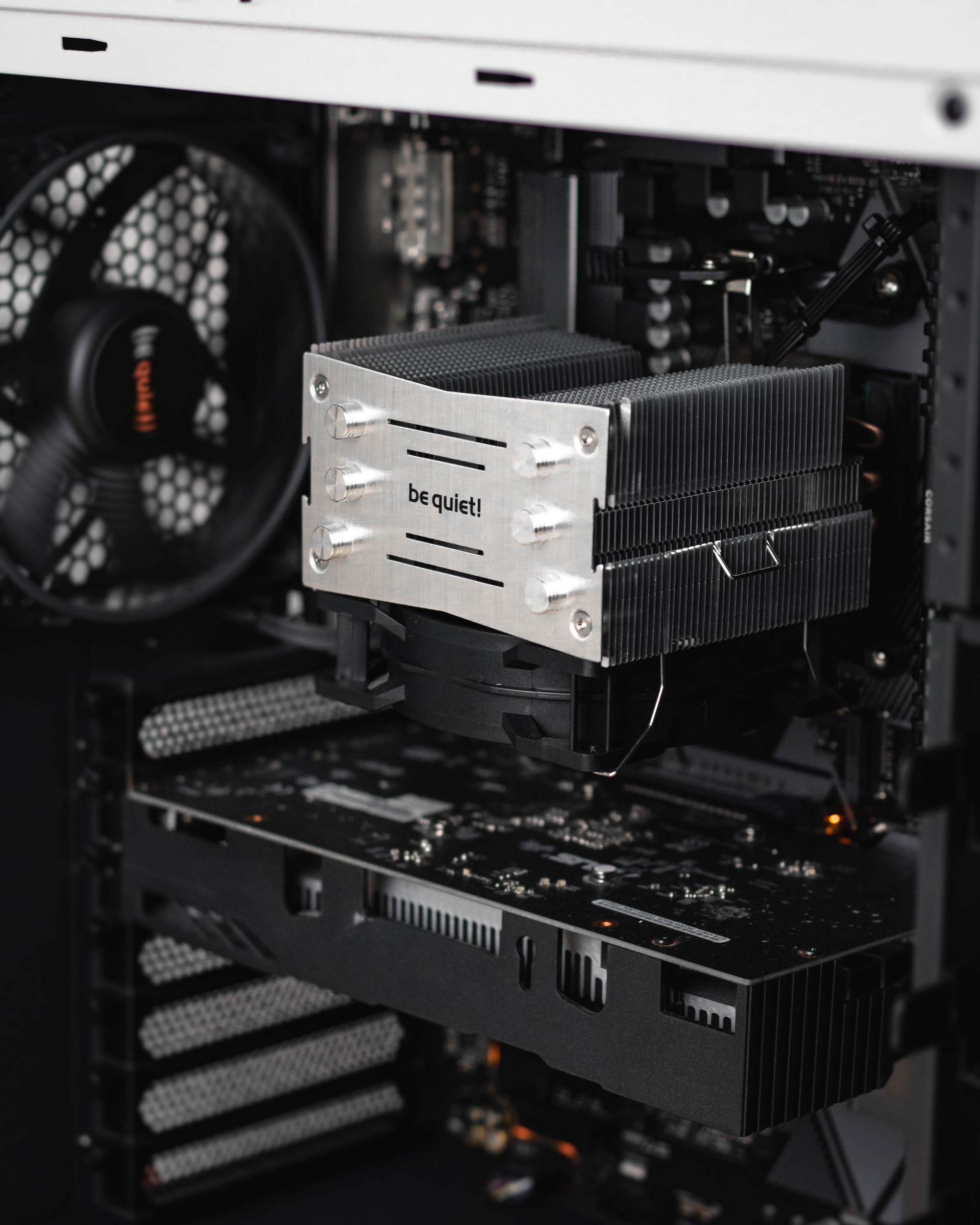- 28 April 2023
- 68
Latest Trends in Computer Hardware: A Roundup of the Hottest Tech

As technology continues to evolve at a breakneck pace, the computer hardware industry has been no exception. From the latest processors and graphics cards to the newest storage solutions and peripherals, there are a lot of exciting developments to keep an eye on.
One of the biggest trends in recent years has been the rise of gaming and esports, which has driven demand for high-performance hardware. This has led to innovations in areas such as graphics cards, with manufacturers like Nvidia and AMD pushing the limits of what’s possible with their latest releases.
Another key trend has been the increasing popularity of compact and portable devices, such as laptops and mini-PCs. With more people working from home and on the go, there’s a growing need for devices that can deliver powerful performance without taking up too much space.
Meanwhile, the ongoing shift towards cloud computing and virtualization has also had a big impact on the hardware industry. With more companies moving their operations to the cloud, there’s less need for on-premise hardware, and more focus on devices that can access cloud-based resources efficiently.
But what are some of the specific hardware trends to keep an eye on in the coming months and years? Let’s take a closer look at some of the most exciting developments in the world of computer hardware.
-
Artificial Intelligence (AI) Chips
One of the biggest areas of innovation in recent years has been the development of specialized chips designed specifically for AI and machine learning applications. Companies like Nvidia, Intel, and Google have all been investing heavily in this area, with the aim of creating hardware that can process vast amounts of data more efficiently.
These chips are designed to accelerate the training and inference of machine learning models, allowing them to run faster and more efficiently than on traditional CPUs or GPUs. They’re being used in a wide range of applications, from autonomous vehicles and robotics to medical imaging and natural language processing.
-
Quantum Computing
While still in its infancy, quantum computing is seen by many as the future of computing. Unlike classical computing, which uses bits to represent data, quantum computing uses qubits, which can exist in multiple states simultaneously.
This allows quantum computers to perform certain tasks much faster than classical computers, particularly in the area of cryptography and code-breaking. Companies like IBM, Google, and Microsoft are all working on developing practical quantum computing solutions, which could have a huge impact on everything from drug discovery to finance.
-
5G Networking
The rollout of 5G networks around the world is set to have a big impact on the hardware industry, particularly in the area of mobile devices. With 5G, users can expect faster download and upload speeds, lower latency, and more reliable connections.
This will drive demand for devices that can take advantage of 5G networks, such as smartphones, laptops, and IoT devices. It will also require new infrastructure, such as 5G base stations and network equipment, to be deployed.
-
Modular Hardware
Modular hardware, which allows users to customize and upgrade their devices more easily, has been gaining traction in recent years. Companies like Framework, which recently launched a modular laptop, and Fairphone, which creates modular smartphones, are leading the way in this area.
Modular hardware not only makes it easier for users to repair and upgrade their devices, but also reduces e-waste and helps to create a more sustainable hardware ecosystem.
-
Neuromorphic Computing
Another area of research that’s gaining steam is neuromorphic computing, which takes inspiration from the human brain to create more efficient computing systems. These systems are designed to mimic the way neurons in the brain process information, allowing for faster and more energy-efficient computing.
Companies like Intel and IBM are investing heavily in neuromorphic computing, with the aim of creating hardware that can process large amounts of data more efficiently than traditional computing

